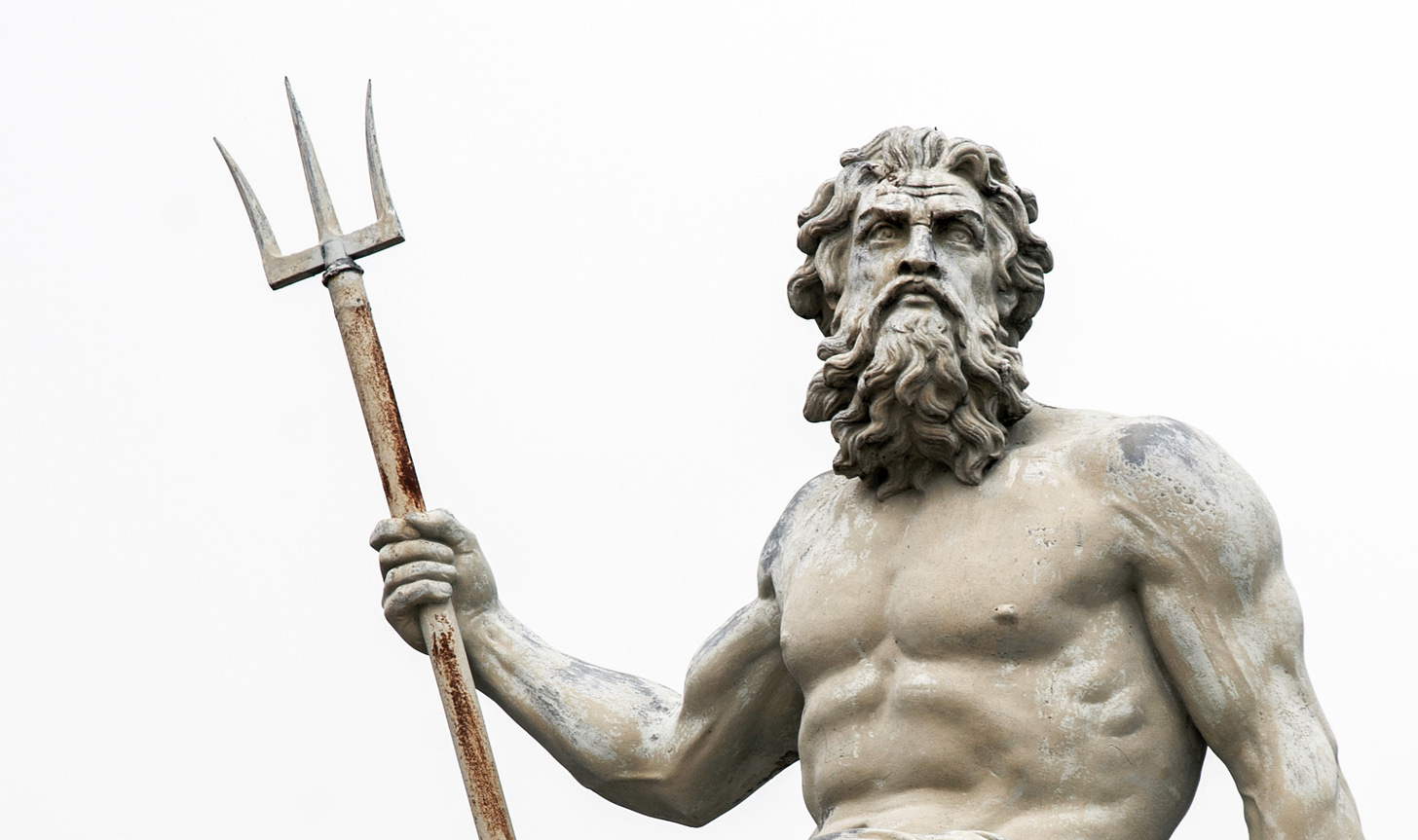The Unknown God
The human mind is an interesting instrument. One of its chief concerns is causation. When something happens in the world – either in the social world of humans or the natural world of nature – humans instinctively want to know the origin or cause of that event. It stands to reason. If one can identify and manipulate a cause, one can gain greater control of the situation. Who doesn't want to be in the driver's seat?
The question of causation has a long and distinguished pedigree in Western thought. Aristotle identified four principal causes. They are material, formal, efficient, and final. Each provides a unique answer to the “why?” question. We do not have the time or space here to delve into the details of each cause, though I will spend a little time talking about the efficient cause. In Aristotle’s thought, the efficient cause is an agent who acts in the world. Thus, the efficient cause of a wooden table is a carpenter. The efficient cause of a child is parents. The ancients were keenly interested in identifying efficient causes, calling them gods. The gods micro-managed all facets of the natural world. Do you want to have a successful life? Get to know the gods. Appease them. Feed them. Worship them. But never ignore them.
With that background, let’s consider a case from ancient Greece, told by Diogenes Laertius in his book, Lives of Eminent Philosophers. It was 596 BCE, the year of the 46th Olympiad, and a pandemic was ravaging Athens. To stop it, the good citizens asked the Pythian priestess what they should do. She advised Athens to bring the renowned philosopher Epimenides to the city. When he arrived, here’s how Diogenes describes the way he ended the plague:
He took sheep, some black and others white, and brought them to the Areopagus; and there he let them go whither they pleased, instructing those who followed them to mark the spot where each sheep lay down and offer a sacrifice to the local divinity … Hence even to this day altars may be found in different parts of Attica with no name inscribed upon them, which are memorials of this atonement.
The Areopagus was a gathering place for Athens' many philosophers, thinkers, and leaders. As it was unclear which god had caused the plague, Epimenides hedged his bets, reasoning that a local, as yet unnamed, divinity was responsible. In the ancient world, it was thought that minor deities operated in specific geographic areas. The strategy worked. Athens was saved. Some 650 years later, Luke writes that the apostle Paul visited the Areopagus and saw one of those altars dedicated to "the unknown god." With that, he created an argument for the Christian faith.
Although many might fault the Athenians for their primitive and backward thinking, I do not share that view. In fact, I find the idea of an unknown god to be a stroke of genius. Let me explain. Often, what you don’t know is just as important as what you do know. When that’s the case, don’t ignore your ignorance. Embrace it. Make it concrete as the Athenians did. Doing so will remind you of the limits of your existing knowledge. It will also inject a helpful dose of humility into your life. I don’t know everything. I’m fallible. That’s essentially what the Athenians did when they created memorials to the “unknown god.” They made explicit what they did not know. Today, we’d say that Epimenides had discovered an unknown cause rather than call it an unknown god.
This takes us to an interesting question. Should we follow the Athenian example and feature idols to unknown causes in our public spaces, mute reminders of the limits of human knowledge? Well, maybe not. Yet, interestingly, the unknown god is still with us. In statistics, it’s called the confidence interval or the margin of error. A confidence interval is how statisticians quantify what they cannot know with certainty. As such, it plays a role similar to that of an unknown god. It’s a tangible statement of what we don’t know with certainty. We can’t know, for example, how the 2024 presidential election will turn out beforehand because no one can canvas the entire population. Thus, we rely on samples, hoping they will accurately reflect the whole. Sometimes they do. Sometimes they don’t.
Seen in this light, the ancient Athenian response is actually quite modern. The unknown god in their Areopagus reminded them of the limits of what humans can realistically know about causation, just as our confidence intervals do for us today. Unfortunately, there is no unknown god in AI. Each model speaks to us as an infallible, almost divine, source of knowledge, and that’s a problem, especially when a model begins to hallucinate. Maybe it’s us who need to think more like the ancients. A little humility about the limits of our knowledge and that of AI models might be just what we need right now. For the ancients, it was the beginning of wisdom. Will that prove true for us as well?




